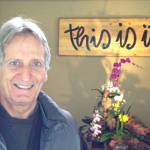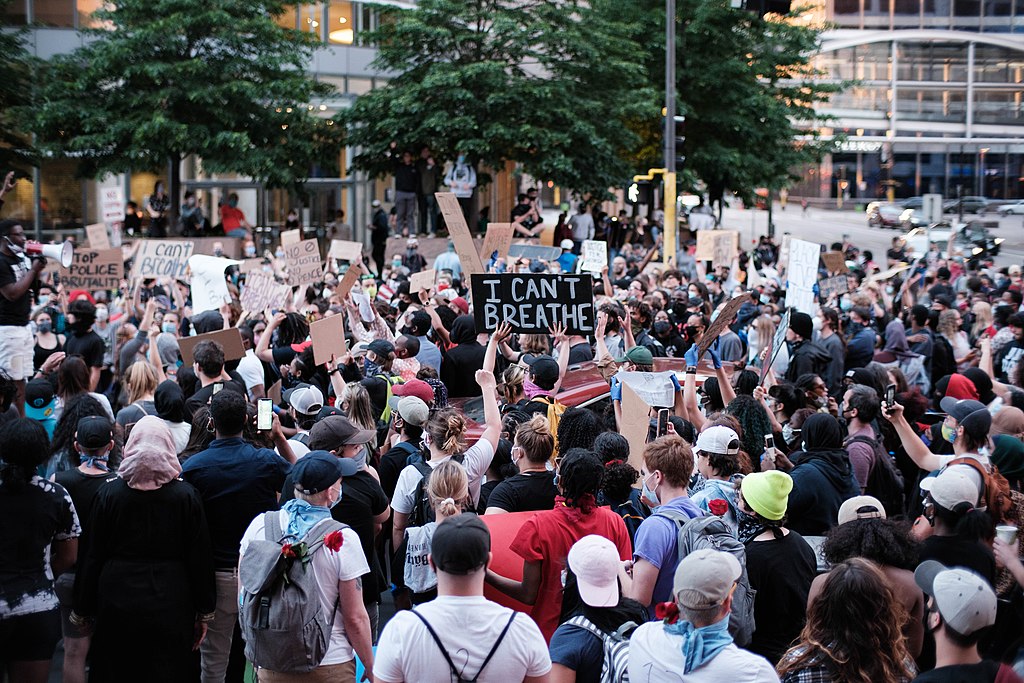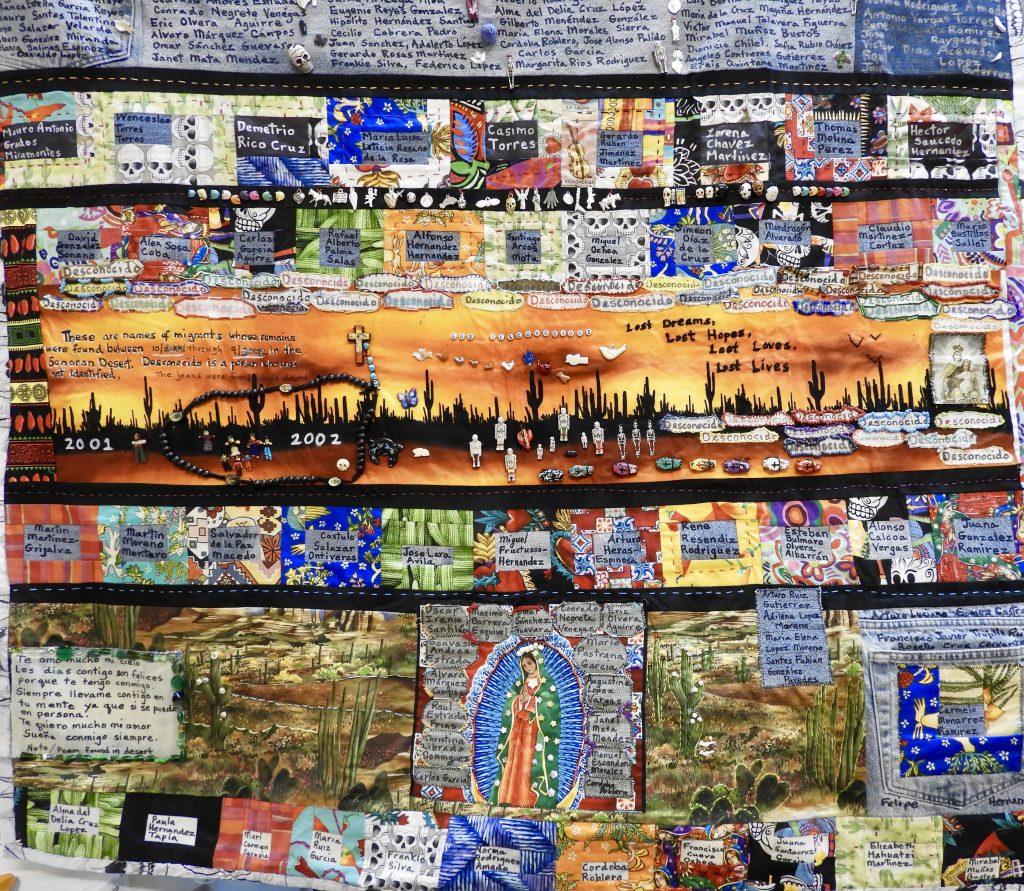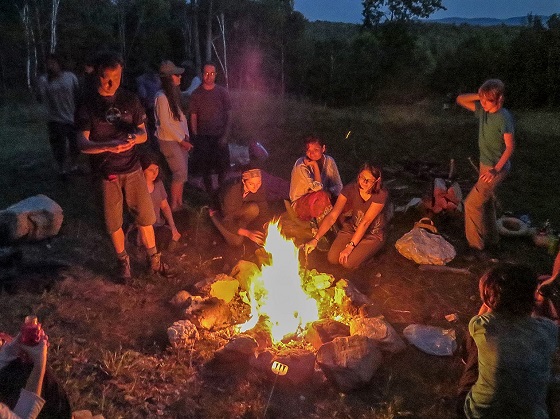Envisioning the Beloved Community
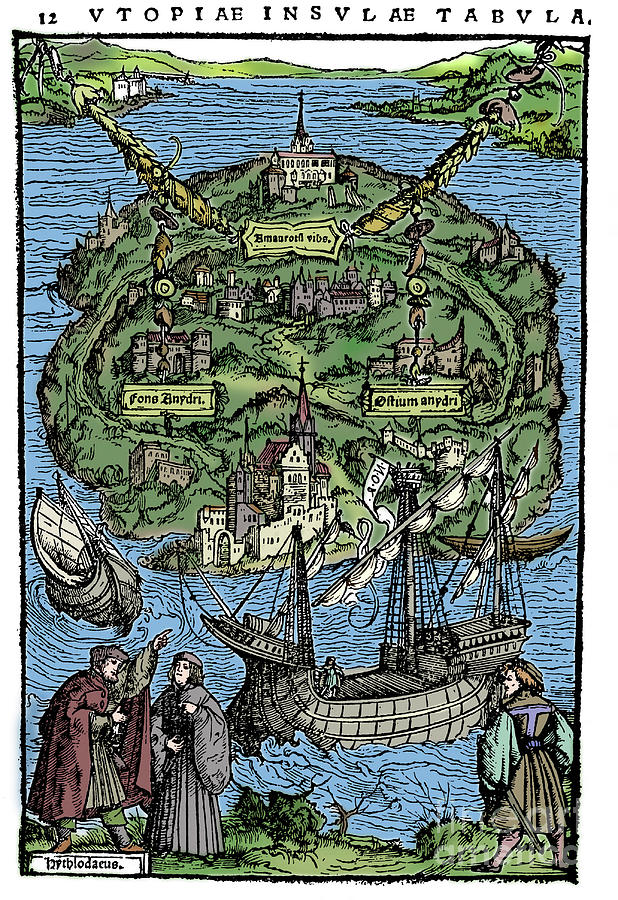
The Beloved Community is a notion often associated with Martin Luther King, Jr. He put a strong public spotlight on an idea that has been held deep in the hearts of humans for millennia. People everywhere have had the yearning to live in a peaceful, just, and sustainable world. Most Indigenous people, as best they could, have lived according to this idea. Utopian thinkers through the ages have created versions of this very human aspiration. Enlightened spiritual teachers have pointed the way.
Many people mistakenly think that Beloved Community is made up of folks like us – our kind, our people, our kindred spirits, our special group. But Dr. King and others imagined it as the community that lives in harmony, based in love and compassion, that excludes no one, sees no enemies, where everyone belongs, where conflicts are minimal and resolved peacefully, where oppression is a relic of history, where trauma and hurt are quickly healed, where there is a shared commitment to the common good, the well-being of all, where the sacred and vast unknown are honored. It is “the more beautiful world our hearts know is possible,” to use the lovely phrasing of writer Charles Eisenstein.
What follows is my vision of living in the Beloved Community. It is purely an exercise of my imagination. Admittedly, it is incomplete, inadequate, and temporary. It’s short on detail and nuance and leaves out important pieces like how we get there. Your vision would be different. In truth, I think we have little idea what living in the Beloved Community would be like, just as we have little idea what a world without patriarchy would be, or without racism, so soaked are we in the modern story of separation, individualism, and competition. So much will have changed in order to establish the Beloved Community that the actual realization of it may be beyond our ability to even conceive of it.
However, trying to imagine what I want rather than just what I’m against frees up my thinking and fosters openness to new possibilities.
As you read the vision below, you might notice your reactions. Maybe your heart is resonating in longing and delight. Maybe your eyes are rolling with how naïve and impractical it seems. Maybe you dismiss it as a bridge too far. Or something else. Then you might explore the roots of your reaction.
Maybe it touches some similar deep knowing in your heart that a better world is possible. Or maybe it triggers old experiences of disappointment and hurt so you doubt a better world is possible. Or maybe you think it’s fruitless to dream. The invitation in reading the vision is not to embrace or take issue with my vision but to stimulate your imagination and sense of the possible.
A Vision of the Beloved Community
Sometime in the future.
After edging close to the brink of ecological and societal collapse and after enduring enormous suffering on our precious Earth, enough people of good will and skillfulness were able to do just enough to pull us back from that brink so that complex life on earth might continue. We now live in the Beloved Community. Along a twisted and lengthy journey, and with massive effort across the globe, we had to heal our individual and collective wounds and recover our love for ourselves, each other and all beings. We eliminated racism and all oppression which had caused so much damage. We slowly transformed our economy from exploitation to one of sharing and protection. We helped restore health to the natural environment by reconnecting to our love for our Mother Earth and doing all it took to reverse global warming and restore forests, habitats, soils, wetlands, and the oceans. We built new culture and universal ethics aligned with love and opportunity, reverence for life, respect and generosity, right relationships, kind speech and harmonious action, and careful consumption based on our actual needs rather than our conditioned desires. We first transformed a punitive justice system with restorative justice, nonviolent conflict resolution, and eventual abolition of prisons, police, armies, and war. And as we step-by-step addressed the real needs of people and all beings, there were fewer and fewer reasons for crime, violence, and retribution.
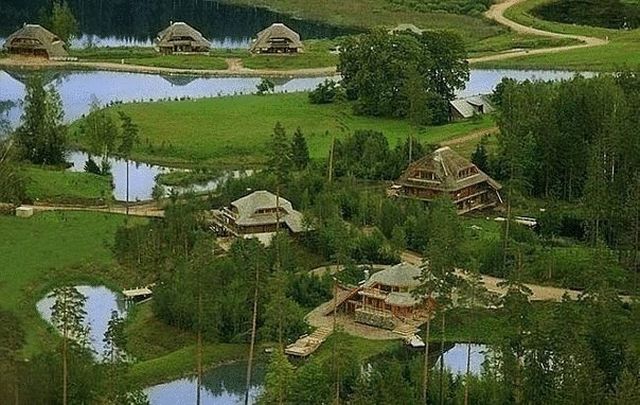
Now, we live in small, close-knit communities embedded in healthy natural surroundings. We walk most places or enjoy comfortable public transportation. Huge cities have been bulldozed to the ground and replaced by human sized villages connected by bike paths, walking trails, and high speed rail. Our neighbors and family members are a beautiful quilt of mixed racial and cultural backgrounds. Food is abundant, mostly plant-based, and organic, and grown locally using restorative agriculture that replenishes the soil and reduces need for irrigation. We enjoy living simply, and simply living, because we have learned to transform greed into generosity so we don’t “want” unnecessary things. This means that we no longer strain the capacity of the earth’s resources and we live within her limits.
Learning is prized and lifelong, but no longer tethered to school buildings and compulsory attendance. Young people are encouraged to follow their own ways of learning, to explore the world with all their senses, and to value their unique gifts and ways of being. We have no schools with their grading and ranking and rigid curricula, but instead lots of learning environments and apprenticeship arrangements to deepen one’s interests and skills. This is true for people at all ages.
No one lives in poverty because we care for one another. “Love thy neighbor as thyself” is not just an empty religious platitude as it once was, but it’s the way we organize society. No one now worries about decent housing, enough food, quality healthcare, or economic security. These are all provided by our collective, cooperative and sharing economy – committed to the well-being of humans, animals, plants, and the Earth.
We once again do for ourselves what we used to pay others to do—we gather to make music, share stories, teach each other, care for each other’s children and elders as needed, create projects, play games and sports. Gone are big budget movies, professional sports, the Olympics, and stadium concerts. We barter and share and cooperate. No one owns their separate tools, cars, equipment, or even land. We are stewards of the land not private owners.
Our intimate relationships are valued and protected by the collective. Sexuality is viewed as sacred energy which is enjoyed wholeheartedly in committed relationships. But gone are pornography, sexual abuse, prostitution, and the hook-up culture. Young people learn about safe and respectful sexual activity early on. Unwanted pregnancies, abortion and adoption are rare because children are wanted and cherished, and are raised in multi-generational communities. Furthermore, our committed partnerships are more open and less possessive than traditional marriages were. Jealousy or infidelity don’t get much play because we are secure in ourselves and not isolated. We know that one person cannot be the all and everything to us, and so we have many kinds of intimacies with various partners—child rearing partners, sexual partners, intellectual partners, spiritual partners, sports or exercise partners, work partners, and so on.
We have very little sickness because we’ve removed the many conditions that contributed to previous poor health—we eat nutritious whole food, not too much or too little; we have less stress and more happiness; we feel love and respect; we belong and are not isolated. We treat our bodies as precious temples of life and have learned to love our bodies completely, taking in only nutriments (food, sense impressions, images, notions, conversations, etc.) that protect and nourish our bodies. We have reclaimed and expanded the use of medicinal plants, alternative medicine, mind-body healing methods, energy flows in the body like chi. Thus traditional medicine and institutionalized care have a minimal role in our Beloved Community, and the health insurance and pharmaceutical rackets are things of the past.
We govern ourselves by listening to the wisdom of our elders combined with an engaged population. There are no national borders or nation-states but rather local, regional, bio-regional, and global councils who attend to their respective areas while aligned with shared global goals, agreements, and aspirations. People can freely move anywhere they wish, but most people like where they live so migration is minimal. Conflicts that inevitably arise are solved peaceably with an eye to how decisions might affect all beings and future generations.
The world of work has been radically transformed. We no longer work because we have to, or only for a paycheck, or at meaningless or demeaning jobs. We stopped producing junk and unneeded things. We equalized compensation across occupations, and offered more pay to those who choose to do society’s nasty jobs like garbage collection or sanitation or disaster recovery. With fairly equal compensation, people re-sorted themselves according to their interests and passions, so for example, some doctors who never liked medicine became street musicians or carpenters, and factory workers became farmers or artisans. At workplaces, the workers make their own decisions, run the whole enterprise, take care of each other, and for the most part enjoy work as meaningful contributions to the Beloved Community.
Technology has matured so it is a powerful tool for enhancing the Beloved Community. News media scour the globe looking for good news, human nobility, acts of kindness, and innovative solutions to issues that water our positive inclinations and inform and inspire us. We now have universal access to tech programs that, for example, monitor our health, enhance our learning, assist in calming our minds, alert us to environmental imbalances, and connect us intimately with each other and other species.
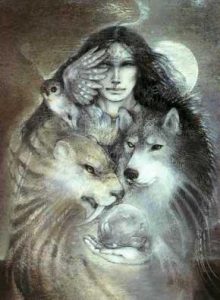 Speaking of other species, we have reclaimed the capacities, long-protected by Indigenous people, to “communicate” with animal and plant species for mutual benefit. We know we are on a wonderfully dynamic living Earth, alive with information and energy available to us.
Speaking of other species, we have reclaimed the capacities, long-protected by Indigenous people, to “communicate” with animal and plant species for mutual benefit. We know we are on a wonderfully dynamic living Earth, alive with information and energy available to us.
And since the sources of unhappiness and unnecessary suffering have been largely transformed, humans are exploring the vast inner dimensions of reality in ways only a few privileged people could do in the past. Through meditation, shamanic rituals, neuroscience, guided use of mind-altering substances, induced trances, and so on, we are discovering our latent capacities for extra-sensory perception, out-of-body experiences, altered states of consciousness, deep dream work, the power of collective energy, mystical revelation, and more. These enhanced heart-mind states generate ever more wonder, connection, and compassion.
We largely live lightly on the Earth, in harmony with the natural environment, and with gratitude and contentment in the present moment.


